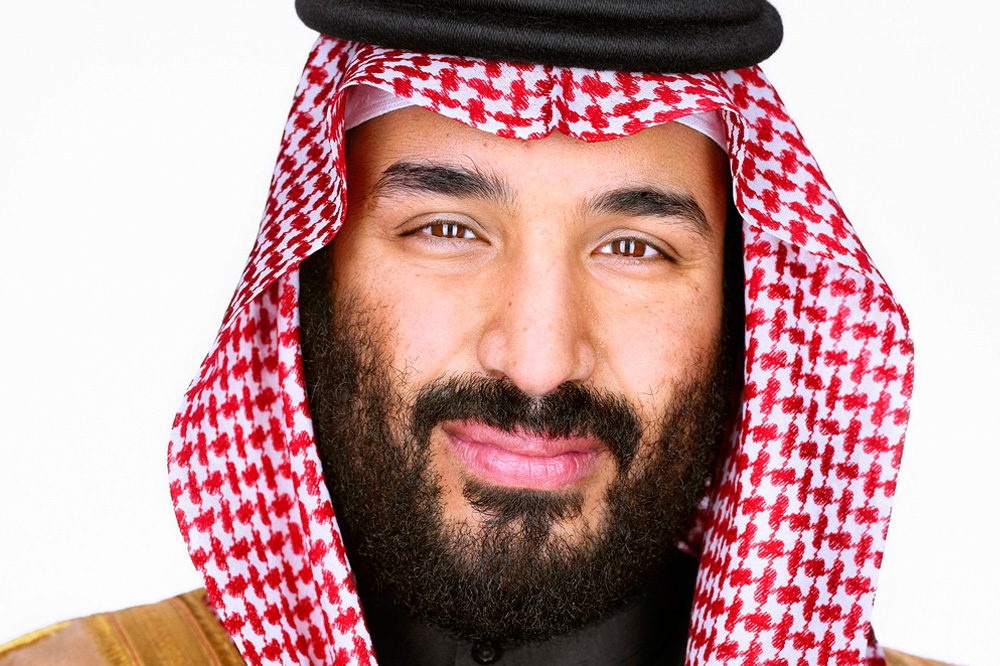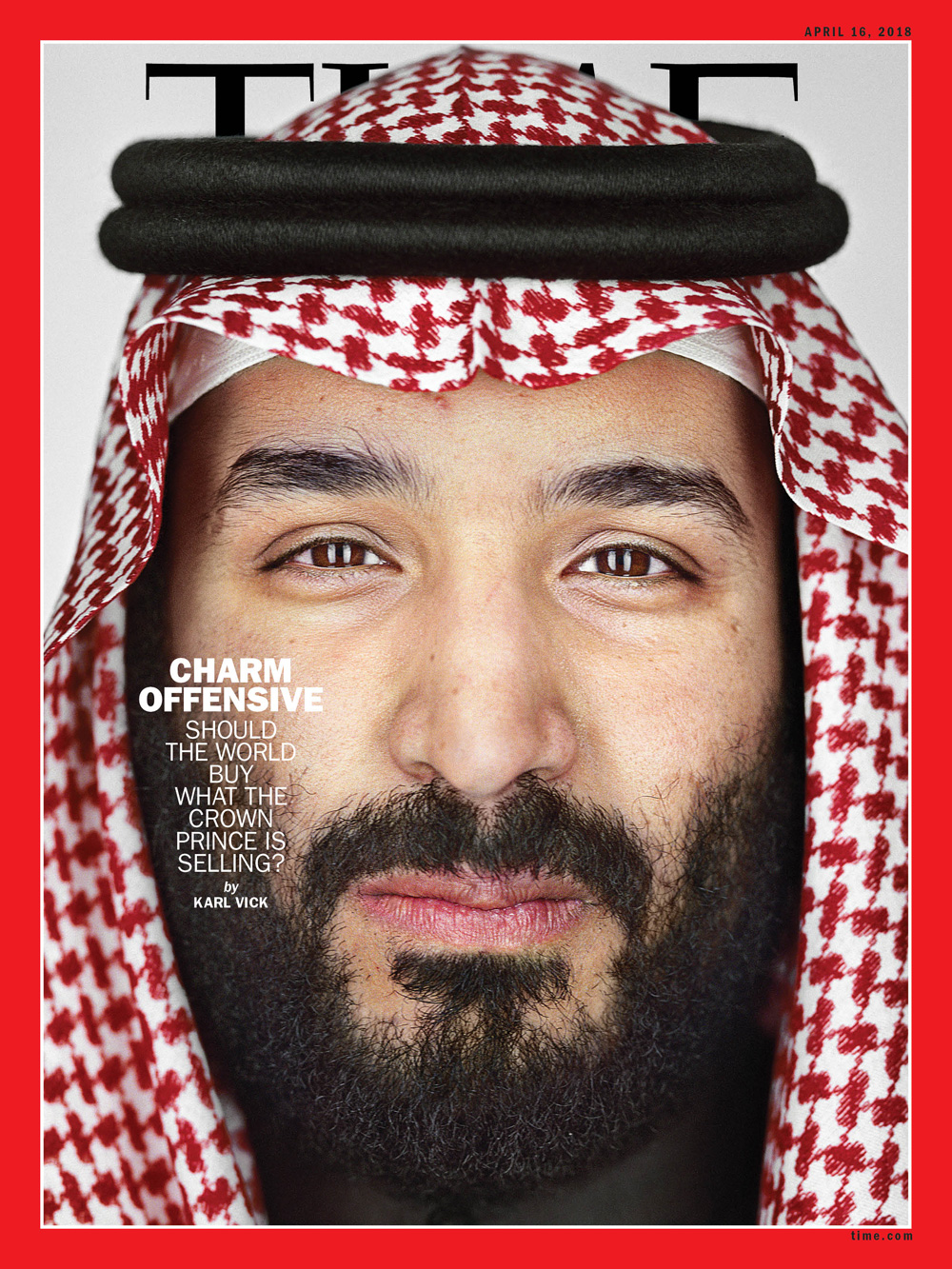
Crown Prince Mohammed bin Salman
This Thursday, TIME Magazine unveiled its much-anticipated “100 Most Influential People” list, which included a record number of 45 women as reported by USA Today, as well as 45 people under the age of 40 such as Saudi Arabia’s Crown Prince Mohamed Bin Salman. For this year’s edition, the 32-year-old leader joins the likes of Tarana Burke, activist and founder of #MeToo, Jennifer Lopez, Tiffany Haddish, and Nicole Kidman, who were all honored with their own covers.
The 100 list celebrates pioneers in the entertainment, politics, sports, technology, and activism industries. According to Edward Felsenthal, TIME’s editor-in-chief, the annual list is not a measure of power or a collection of milestones but is instead “a designation of individuals whose time, in our estimation, is now.”

TIME paired guest contributors to write about each person who was chosen to be part of this year’s list. The accompanying paragraph on the Crown Prince was authored by Manal Al-Sharif, a women’s right activist who was jailed in 2011 for driving a car in Saudi Arabia. Al-Sharif wrote: “At first I was skeptical of the prince’s Vision 2030 plan to modernize our kingdom. I have come around. Most Saudis are under age 30, and have only known elderly rulers. Now a major leader is our peer.”
Ever since his ascension to power in June 2017, the Crown Prince has been working diligently towards reforming Saudi Arabia by spearheading Vision 2030, the Kingdom’s ambitious strategy to diversify its oil-dependent economy. This ambitious plan focuses on a number of areas including boosting key sectors, encouraging foreign investment, empowering women, and moving the Kingdom towards the more tolerant Islam of its past.

In less than a year, Saudi Arabia has already witnessed a wave of reforms under the Crown Prince’s guidance. History was made when the decades-long ban on female motorists was lifted and women were finally allowed to attend public concerts and sports events. Next, the Kingdom saw the ban on public theaters rescinded, women were appointed to key leadership positions and their rights improved in all facets of society, from business ownership to divorce and custody matters, and there has been a significant increase in support and development over the past months for the sports, tourism, heritage, arts, and cultural sectors.

















